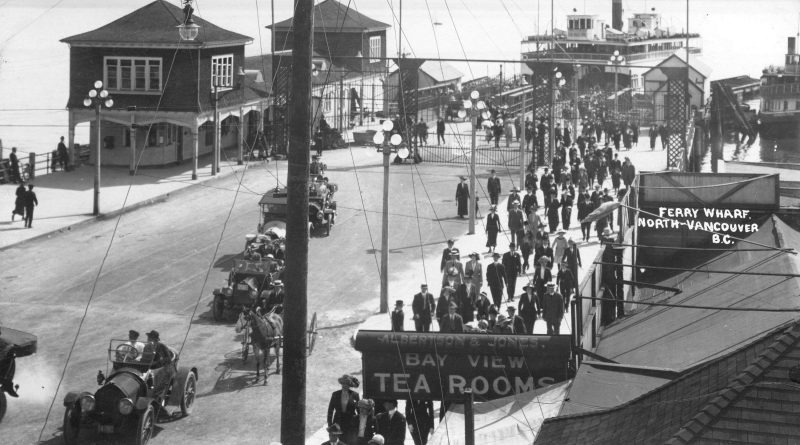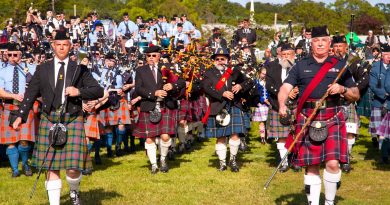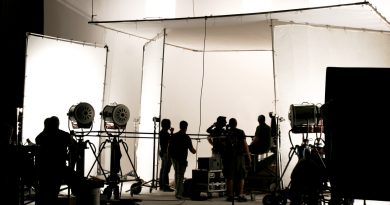Rudyard Kipling in Vancouver
It’s not widely known, but three or four chunks of land in Metropolitan Vancouver were once owned by the famous English writer, Rudyard Kipling.
![Rudyard Kipling
[Image: The Kipling Society]](https://vancouverhistory.ca/wp-content/uploads/2021/01/kipling.jpg)
[Image: The Kipling Society]
When Kipling first visited Vancouver in June 1889, (during a tour of North America), he was, at 23, just beginning to be famous. When next he came around in April 1892, he was very much more well-known. (And 15 years after that, on his third visit, October 5, 1907, he was the most famous author in the world.)
In a travel reminiscence called From Sea to Sea, Kipling wrote about his brief visit here in 1889, and how he came to own a piece of the city.
“A great sleepiness lies on Vancouver as compared with an American town: men don’t fly up and down the street telling lies, and the spittoons in the delightfully comfortable hotel are unused; the baths are free and their doors are unlocked. You do not have to dig up the hotel clerk when you want to bathe, which shows the inferiority of Vancouver. An American bade me notice the absence of bustle, and was alarmed when in a loud and audible voice I thanked God for it . . .
“Except for certain currents which are not much mentioned, but which make the entrance rather unpleasant for sailing-boats, Vancouver possesses an almost perfect harbor. The town is built all round and about the harbor, and young as it is, its streets are better than those of western America. Moreover, the old flag waves over some of the buildings, and this is cheering to the soul. The place is full of Englishmen who speak the English tongue correctly and with clearness, avoiding more blasphemy than is necessary, and taking a respectable length of time to getting outside their drinks.
“These advantages and others that I have heard about, such as the construction of elaborate workshops and the like by the Canadian Pacific in the near future, moved me to invest in real estate.”
“What he bought,” the lady who lived in the house that sits on Kipling’s old parcel today told me when I visited some years ago, “was a couple of lots here at the southeast corner of Fraser and East Eleventh. This house and the one next door are on the Kipling property. When he bought the land, Fraser Street was called Scott Street. My understanding is that his property extended 122 feet (37 metres) along Scott, and 66 feet (20 metres) along Eleventh. Both of these houses went up in 1928; there were huge trees here, nothing else. I saw both houses being built, although I didn’t move in until 1947.”
What was Kipling’s reaction to his purchase of his tiny chunk of the Empire? “He that sold it to me,” he wrote, “was a delightful English Boy who, having tried for the Army and failed, had somehow meandered into a real-estate office, where he was doing well . . . All the Boy said was: ‘I give you my word it isn’t on a cliff or under water, and before long the town ought to move out that way. I’d advise you to take it.’ And I took it as easily as a man buys a piece of tobacco. Me voici, owner of some four hundred well-developed pines, a few thousand tons of granite scattered in blocks at the roots of the pines, and a sprinkling of earth. That’s a town lot in Vancouver.
“You or your agent hold on to it till property rises, then sell out and buy more land further out of town and repeat the process. I do not quite see how this sort of thing helps the growth of a town, but the English Boy says that it is the ‘essence of speculation,’ so it must be all right. But I wish there were fewer pines and rather less granite on my ground.”
During his next visit to Vancouver (in 1892) Kipling was with his bride of three months, the former Caroline Balestier, an American. Kipling was impressed with the beauty of this part of the world, so maybe he had some thought of eventually moving here with his wife and settling down.
“Were I an intending immigrant,” he wrote in 1908, “I would risk a great deal of discomfort to get on the land in British Columbia, and were I rich, with no attachments outside England, I would swiftly buy me a farm or a house in that country for the mere joy of it.”
At any rate, besides the two small lots mentioned above, he also bought acreage on the North Shore.
But his forays into land speculation here ended farcically.
There’s a reference to the North Shore purchase in Lord Birkenhead’s biography of Kipling. “In Vancouver,” Birkenhead writes, “Kipling made a pathetic speculation in real estate, buying twenty acres of a wilderness called North Vancouver. After paying taxes on it for years he discovered that it belonged to someone else.
“The people of Vancouver smilingly consoled him: “You bought that from Steve, did you? Ah-ah, Steve! You hadn’t ought to ha’ bought from Steve. No! Not from Steve!”
It turns out he hadn’t done much better with his purchase of the two Vancouver lots: P.C. Lace, writing in the Sun Feb. 13, 1954, says Kipling paid about $500 for that property. It realized a little more than $2,000 when he sold it in 1928, not a bad return on $500 . . . but Kipling had been paying taxes of $60 a year on the land for a great many years.
How many? Well, as a result of an interesting letter from George W. Forster, a Vancouver lawyer, we can date Kipling’s purchase exactly. It happens that many years ago Forster, visiting the land registry office in the old courthouse in Vancouver, came across a document on Kipling’s purchase, an affidavit signed by the author.
Forster photostated it out of curiosity. And he kindly sent me a copy.
The document is dated October 19, 1906. Kipling was living at the time in Hastings, in Sussex county, and had gone to a notary public named Crittenden to make the affidavit to confirm his ownership of the Vancouver property.
Now, consider this: In October, 1906, Kipling, then 41, was an enormously famous and wealthy writer. He was known in every corner of the British Empire as the author of, among other works, Barrack-Room Ballads (including the poem Gunga Din), several collections of short stories (including The Man Who Would Be King), The Jungle Book, Captains Courageous, Stalky & Co., Just So Stories, Wee Willie Winkle, Puck of Pook’s Hill, and the novels The Light That Failed, and Kim. The latter book, published in 1901, is considered by some the best novel about India written in the English language.

Kipling gave that language a lot of well-known contributions: He coined the phrase “the white man’s burden,” In one poem, he called Canada “Our Lady of the Snows,” a description that’s said to have had a great damping effect on immigration to the country, and, wrote one researcher, led “a majority of British people to think of Canada as a sort of ice-cap.”
And it was Kipling who, after visiting Victoria, called it a Little Bit of Old England. “Amongst all the beautiful places in the world, and I think I have seen the most beautiful of them, Victoria ranks the highest.”
Lines from his stories and poetry were quoted in a hundred countries. In 1907, a few months after his affidavit, Kipling won the Nobel Prize for literature.
So it must have been vexing to this proud, pugnacious, vain little man, riding a crest of adulation given to few public men, to have had to trudge on down to a notary public’s office to declare that, yes, he was indeed the owner of two tiny bits of land in far-off Vancouver.
He makes oath, saying he is the owner of the property described, and that he is, “informed by my solicitors in Vancouver and believe that the property in question was conveyed to me as follows: On the 3rd day of October, 1892 an undivided one-half interest in the said lots was conveyed to me by one Greville Edward Morgan and on the 25th day of March, 1897 the remaining undivided one-half interest in the said lots was conveyed to me by one William C. Blizard.”
Why did Kipling feel impelled to make the affidavit? It seems that Morgan failed to forward the deed. The document says that Kipling’s efforts to track the man down had failed. (Morgan was last heard of, Kipling states, working as a mailman in Toronto.)
So, by the time Kipling arranged to have the property sold in 1928 he had been sole owner of it for 31 years. But thanks to those taxes, he lost a lot of money on the deal.
Kipling left an estate of just under $4 million when he died. But he certainly didn’t make it in real estate.
There is a good short biography at this site, and the web site Bibliomania has the full text of many of his books and poems.




![Sun Yat-Sen Garden [Image: The Canadian Enclyclopedia]](https://vancouverhistory.ca/wp-content/uploads/2021/01/dd1cb474-9295-42a9-b726-f7d870214d33-390x205.jpg)